Crimes Against Humanity in Crimea: Will the World Force Russia to Respond?
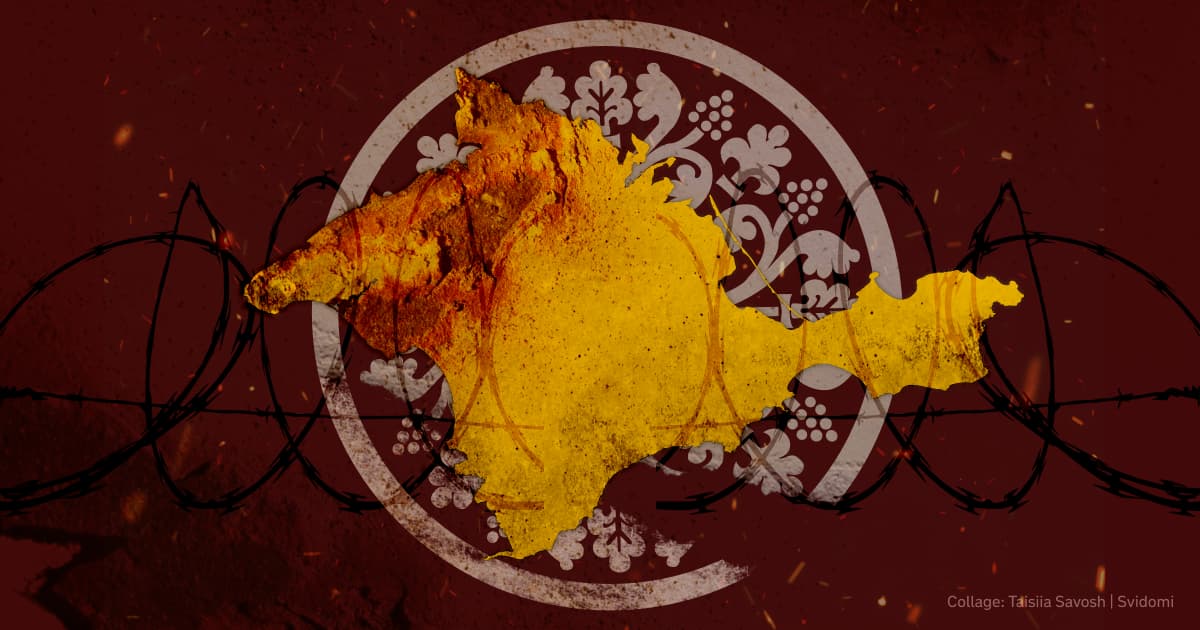
9006 — that's the number of human rights violations documented by human rights defenders in the temporarily occupied Crimea (Qırım) from 2017 to 2023. These include detentions, arrests, violations of the right to a fair trial, interrogations, and transportation, among others.
Russia has violated international law in temporarily occupied Crimea throughout the years of occupation. The Russian authorities are "replacing" the Crimean population by importing Russians from Russia. Russian law enforcement agencies and courts are openly operating in Crimea and issuing judgments under the Russian legal system. Russia is "russifying" Crimea and using it as a military base. Since the full-scale invasion in 2022, it has also become a place of detention and torture for Ukrainians from the Kherson, Zaporizhzhia and Donetsk regions.
Ukraine has repeatedly investigated and documented Russia's crimes in the temporarily occupied Crimea. At least 25 applications have been filed with the European Court of Human Rights, 24 reports have been submitted to the OSCE, and over 45 documents and complaints have been sent to the UN. However, whether Russia's human rights violations in Crimea are being investigated and how the international community is responding to them is a complex issue. It may even seem that Russia is allowed to occupy Crimea and that international law is not effective.
Therefore, on the 11th anniversary of the occupation of Crimea, Svidomi discusses Russia's crimes against humanity in Crimea, how international justice and the international community are responding to these crimes, and whether Russia can be held accountable.
Modern approaches to genocidal practices: How Russia commits crimes in Crimea
Since 2014, following the occupation of the peninsula, Russia has turned Crimea into a closed "concentration camp." For 11 years, Russia has been committing crimes against humanity, isolating the information space, violating international conventions on the governance and provision of the occupied territory by the occupying state (such as implementing its own laws, completely replacing Ukrainian law), and russifying the population of Crimea.
Russia modernises methods to carry out these crimes. The occupying state does not carry out direct forced deportations — it arrests Crimeans, convicts them, and then transfers them to penal colonies in Siberia, thousands of miles from their homes. It apparently does not deliberately russify the population or restrict education. By 2024, there was even a functioning school in Crimea with Ukrainian as the language of instruction. However, this school was not a convincing argument for the International Court of Justice, which in January declared Russia a violator of educational rights in Crimea.
The Institute of Mass Information, in its study of Russian propaganda media in Crimea, describes the russification they promote on the peninsula as "soft". The study notes that Russian-controlled media in Crimea primarily report on social and community issues and their solutions. The topic of Russia's war against Ukraine accounts for about 10% of all news reports in the Crimean occupation media.
The Crimean Tatar Resource Center reports that it has recorded 6,365 human rights violations against Crimean Tatars — the indigenous people of Crimea — between 2017 and 2023. This accounts for nearly two-thirds of all violations recorded during this period. These include interrogations, arrests, searches, detentions, and even the initiation of legal proceedings. According to the Center, 371 Crimeans are being prosecuted for political reasons. The Office of the President of Ukraine in the Autonomous Republic of Crimea confirms that 218 people have been unlawfully detained, 132 of whom are Crimean Tatars.
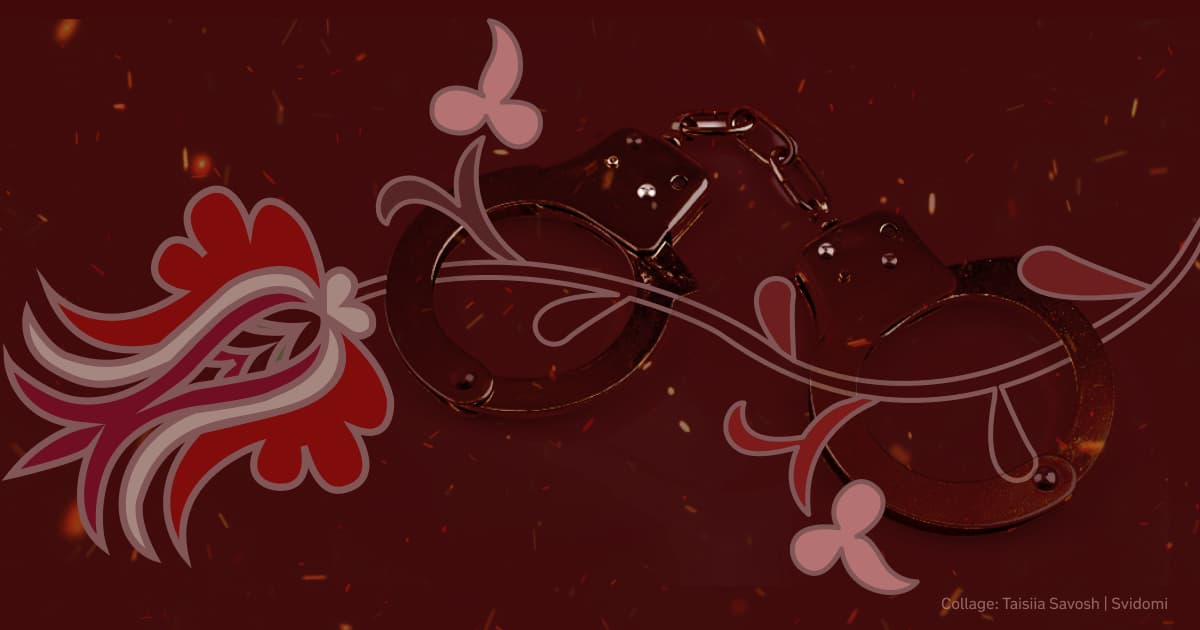
The Russian authorities are implementing a policy of mass arrests and harsh sentences for activists, human rights defenders, and religious figures. Crimean Tatars have been sentenced to decades in prison on trumped-up charges of "terrorism" and alleged affiliation with the Hizb ut-Tahrir organisation.
Russia administers justice in Crimea according to its own laws. For example, "Hizb ut-Tahrir" or "Islamic Party of Liberation" is an international Muslim political party. It is classified as a terrorist organisation in Russia. In Ukraine, the party is not officially registered, but its activities are generally legal. The Mejlis (single highest executive-representative body of the Crimean Tatars — ed.) of the Crimean Tatar people considers the party's activities "radical" and discourages active participation.
Nevertheless, Russia frequently prosecutes Crimean Tatars on "terrorism" charges, accusing them of involvement with Hizb ut-Tahrir. For example, Servet Haziiev, Arsen Abkhairov, and Edem Smaiilov were sentenced to 13 years in prison in the "Hizb ut-Tahrir" case. Ruslan Mesutov was sentenced to 18 years and is currently being held in a penal colony in Yakutia. Teimur Abdullaiev was sentenced to 16.5 years in prison. There are dozens of similar cases in Crimea.
Viktoriia Nesterenko, a project manager at the Zmina Human Rights Center, states that the violations extend beyond the rights of Crimean Tatars to encompass human rights violations and breaches of international humanitarian law across the occupied Crimean Peninsula.
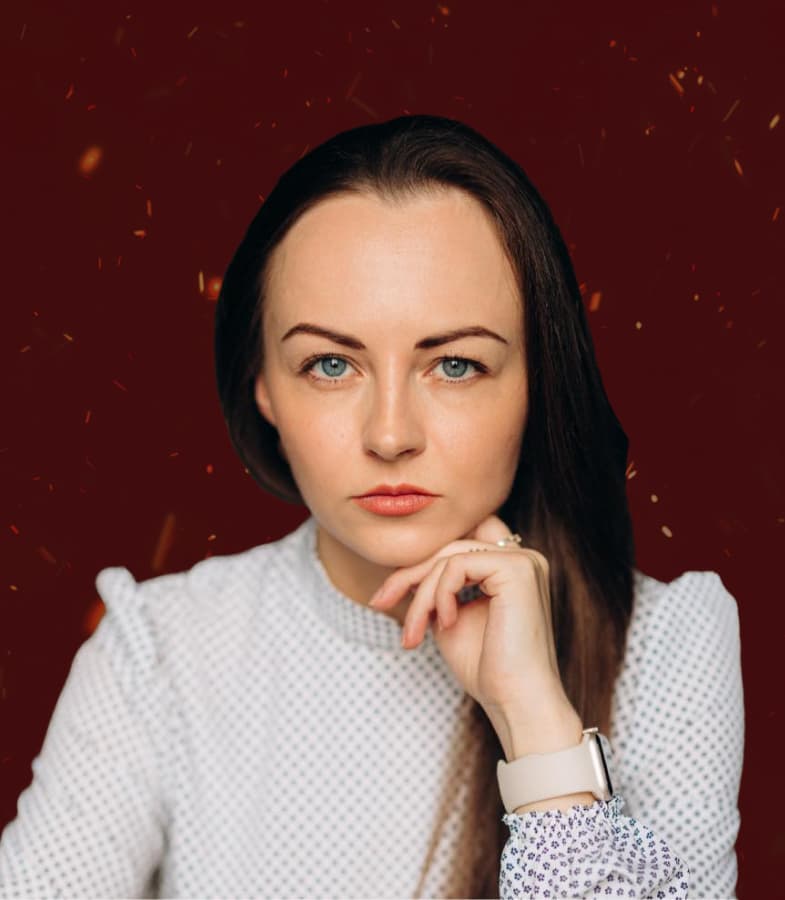
In fact, we can say that Russia is pursuing a deliberate policy against the Crimean Tatar community because it is the driving force behind the resistance on the peninsula and today makes up the majority of political prisoners. Currently, we have 221 political prisoners, the majority of whom — 134 — are Crimean Tatars. Most of them have been transferred from Crimea to Russian territory to serve illegal sentences in penal colonies. The Crimean Tatars themselves call this 'silent deportation',
she explains.
According to her, "silent deportation" occurs when the occupying authorities in Crimea create such harsh conditions that people are forced to either accept the occupation or leave voluntarily. If they resist in any way, they are arrested, falsely charged, tried, and sentenced to long prison terms ranging from 10 to 20 years for terrorism, extremism, or other charges under the Russian criminal code.
Russia is also systematically changing the demographics of Crimea. The Ukrainian Helsinki Group estimates that approximately 800,000 Russians have moved to Crimea since 2014. In this way, Russia is diluting the ethnic composition of Crimea and displacing the local and indigenous population. This is a classic colonial practice that, combined with repression and arrests, may indicate genocidal intentions on Moscow's part toward Crimea's indigenous population.
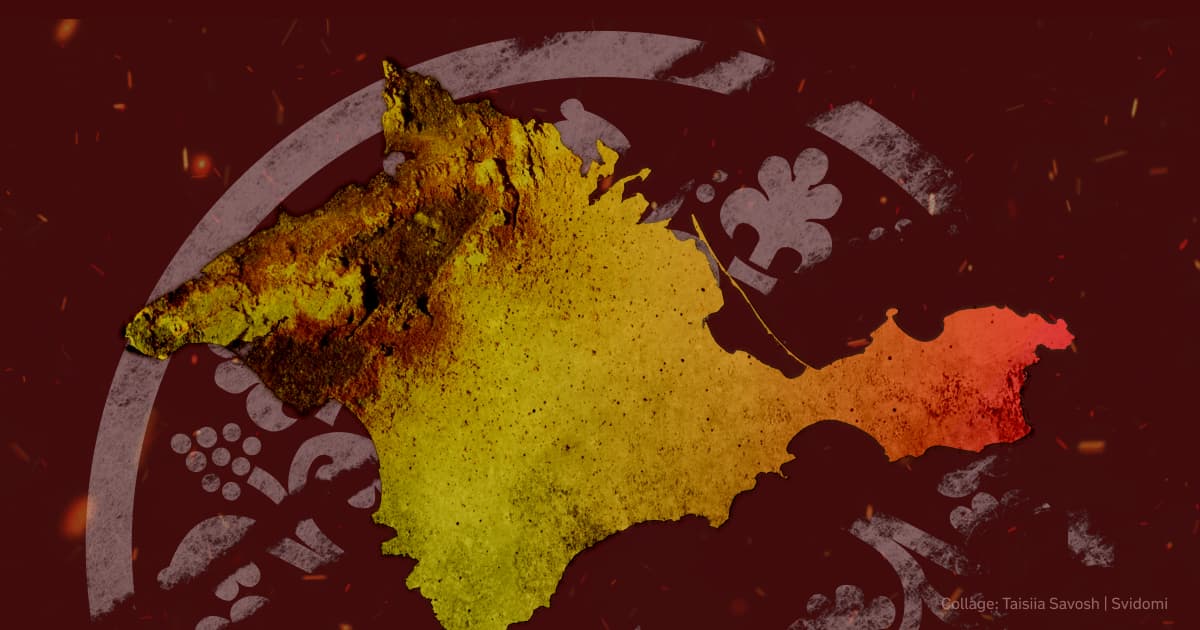
Russia's approach to committing crimes in the temporarily occupied Crimea also highlights the shortcomings of the modern international legal system and the need to adapt it. Russia continues to find new mechanisms for crimes against humanity and genocidal practices, while holding it accountable under the Rome Statute remains nearly impossible.
How Ukraine is collecting evidence of Russia's crimes in Crimea
Ukraine is conducting extensive work to document war crimes and crimes against humanity committed by the Russian occupation authorities in Crimea. The Office of the President of Ukraine in the Autonomous Republic of Crimea monitors the whereabouts of political prisoners from the peninsula.
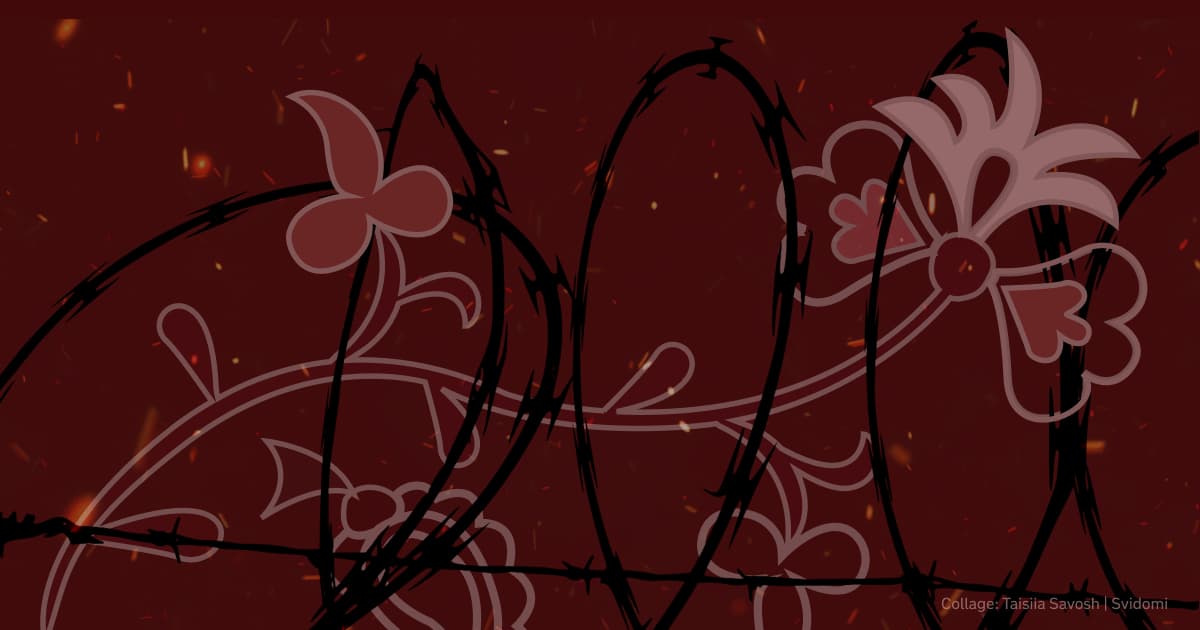
In 2016, the Prosecutor General's Office of Ukraine established a dedicated department to investigate Russian crimes in the temporarily occupied territories of the Crimea, Donetsk, and Luhansk regions. As of 2019, the General Prosecutor's Office has submitted 12 reports to the International Criminal Court detailing massive and systematic violations of international humanitarian law, including the most serious war crimes and crimes against humanity in occupied Crimea and Donetsk region.
Viktoriia Nesterenko recounts several egregious crimes committed by Russians against Crimean residents after the 2014 occupation.
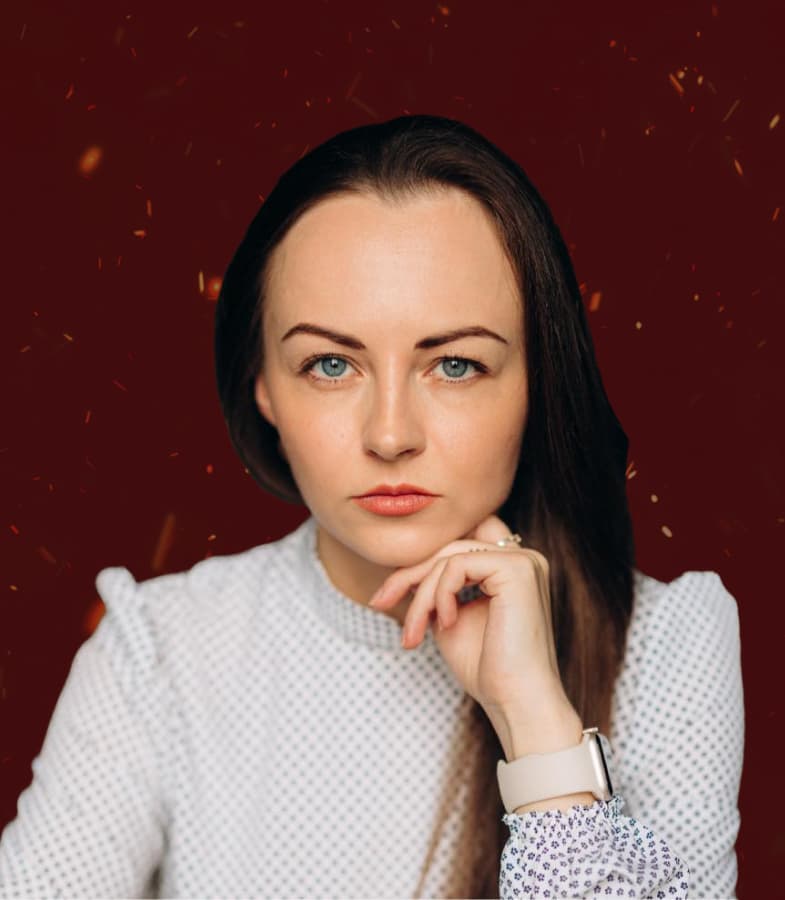
One of the first victims in Crimea was Reshat Ametov, who was effectively executed by the Russians in March 2014. Other political prisoners, such as Kostiantyn Shyrinh and Dzemil Hafarov, died in prison due to the denial of medical care. In addition, there are currently about 70 prisoners in detention facilities with chronic illnesses, disabilities or old age who urgently need to be released to prevent further deaths,
she says.
Ukrainian journalist Iryna Danylovych lost the hearing in one ear due to torture by Russian authorities. In 2022, the Russian FSB fabricated a case against her for allegedly "illegally storing and carrying explosive devices". In December 2022, she was sentenced to seven years in a maximum security penal colony. Her parents believe that Russian security forces planted the explosives on her.
Since Russia considers all Crimeans to be its citizens, it is extremely difficult to secure their release from Russian prisons. Viktoriia Nesterenko says Crimean political prisoners are held in inhumane conditions in Russian penal colonies.
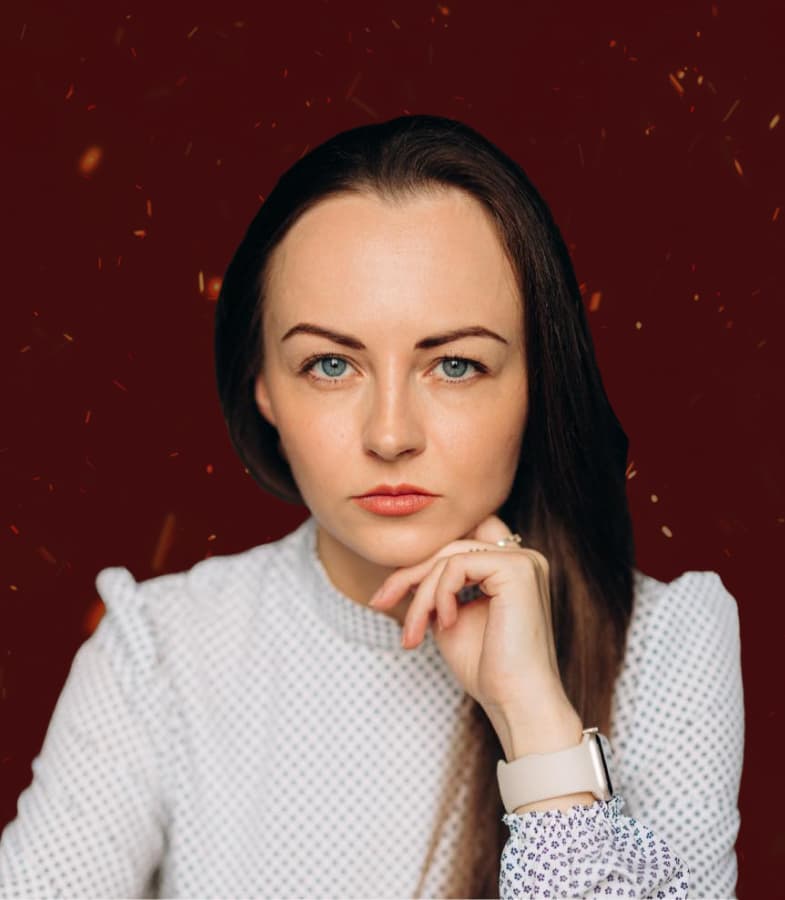
Political prisoners are often tortured, treated cruelly, frequently transferred to remote corners of Russia, denied medical care, and placed in punishment cells for minor infractions. For example, Crimean Tatars are sometimes punished for practising their Muslim faith — praying five times a day, reading the Koran, or even being forced to shave their beards or eat pork,
she explains.
Various human rights and civil society organisations document Russian crimes in Crimea, including Zmina, CrimeaSOS, Crimean Solidarity, and the Crimean Human Rights Group.
One of the main challenges for Ukrainian law enforcement and human rights defenders is limited access to Crimea. Since the full-scale invasion, access has become impossible due to the occupation of the left bank of the Dnipro River in the Kherson region and the Azov coastal areas of the Zaporizhzhia region. As a result, evidence is being gathered online through interviews with relatives, testimonies of former prisoners, and testimonies of former detainees and prisoners of war.
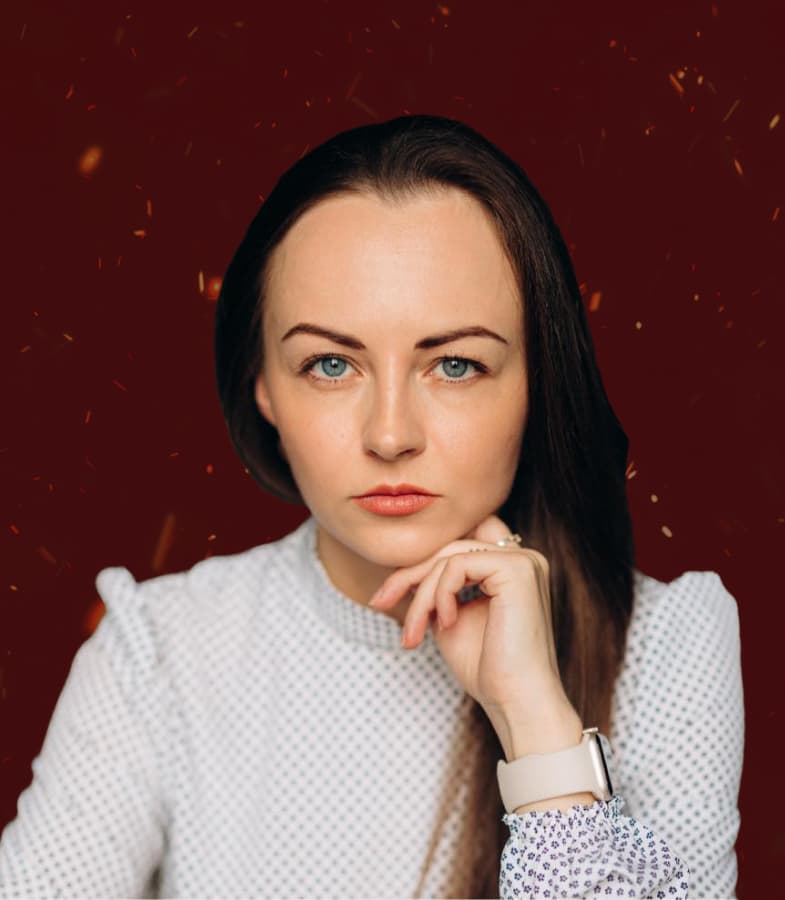
The most effective method of documentation relies on our people who are still working under the occupation. They are citizen journalists who report on all news, human rights violations and violations of international law in occupied Crimea,
says Viktoriia Nesterenko.
The project manager of the Zmina Human Rights Center also emphasises that documenting the crimes of the occupation is a form of resistance by those who remain in Crimea.
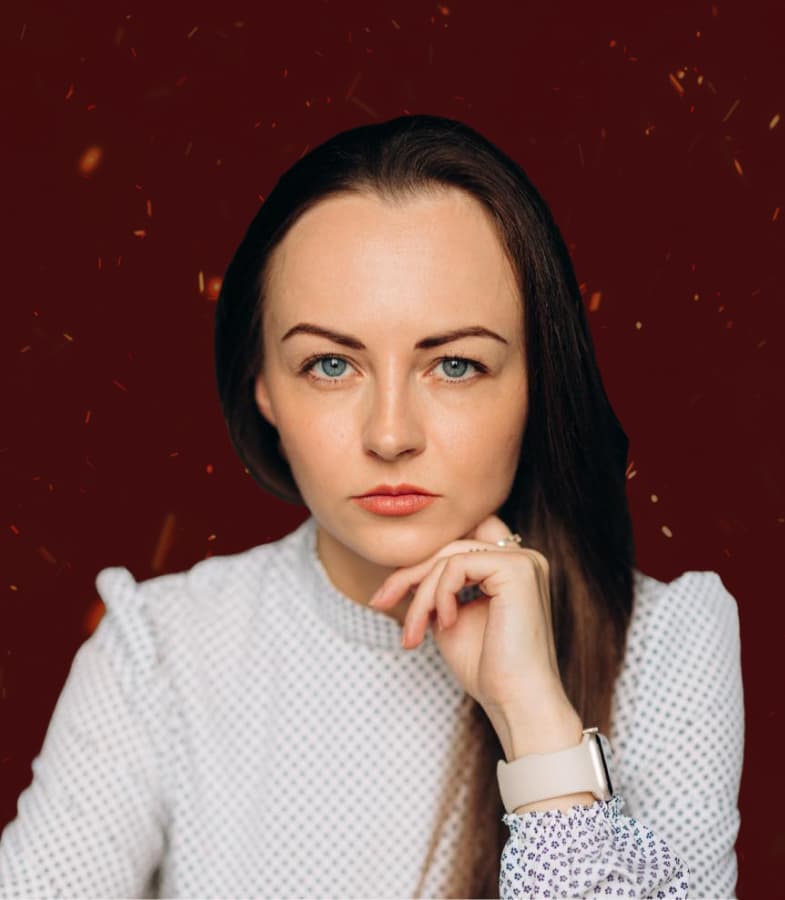
Thanks to them, we know what is happening in the occupied territories. It allows us to document all the crimes, collect evidence of human rights violations, and collect information about the officials involved in these violations — the criminals. This applies not only to collaborationists but also to Russian officials, such as judges who pass unlawful sentences, heads of penal colonies and pre-trial detention centres who deliberately withhold medical care and participate in torture, and FSB officers who fabricate criminal cases against our citizens,
she says.
What cases regarding Russia's occupation of Crimea are being considered in international courts, and can Russia be held accountable?
In June 2024, Ukraine won a case against Russia in the European Court of Human Rights (ECHR). The ECHR ruled that Russia had violated articles of the European Convention on Human Rights relating to
- The right to life
- The prohibition of torture and inhuman or degrading treatment or punishment
- The right to liberty and security
- The right to a fair trial
- No punishment without law
- The right to respect for private and family life
- Freedom of religion
- Freedom of expression
- Freedom of assembly
- The prohibition of discrimination
- Restrictions on the use of rights
This case had been ongoing since March 2014 and was finally concluded after ten years.
However, in 2022, following the start of the full-scale invasion, Russia withdrew from the Council of Europe. As a result, Russia denied Ukrainian officials and independent monitoring missions access to the temporarily occupied Crimea.
The ECHR also ruled that Russian legislation in Crimea is illegal. Therefore, all decisions of occupation courts and sentences against Crimean residents are not recognised by the ECHR, and complaints from Russia or Russian citizens regarding such decisions will not be considered. However, complaints against Russia for administering justice under its laws in Crimea will be considered.
In 2017, Ukraine filed a lawsuit against Russia in the International Court of Justice (ICJ) for its actions in the temporarily occupied Crimea. The court did not issue its decision until January 2024, recognising that Russia had deprived children in Crimea of their right to education in the Ukrainian language. However, no similar decision was made regarding the Crimean Tatar language. In addition, the court rejected Ukraine's claim for compensation from Russia.
Ukraine also demands that international bodies force Russia to dismantle the Crimean Bridge. Ukraine argues that Russia built the bridge illegally and in violation of international maritime law. The case is still under consideration.
In 2023, the International Criminal Court (ICC) issued an arrest warrant for Russian President Vladimir Putin and Russian Commissioner for Children's Rights Maria Lvova-Belova. They are suspected of the illegal forcible transfer of Ukrainian children. These crimes were documented after the full-scale invasion began. However, no ICC cases related explicitly to Crimea have yet been opened.
Ukrainian law enforcement agencies and human rights defenders regularly submit reports and information on Russian crimes in Crimea, says Viktoriia Nesterenko. She believes it is important to continue this work to keep Crimea on the international agenda.
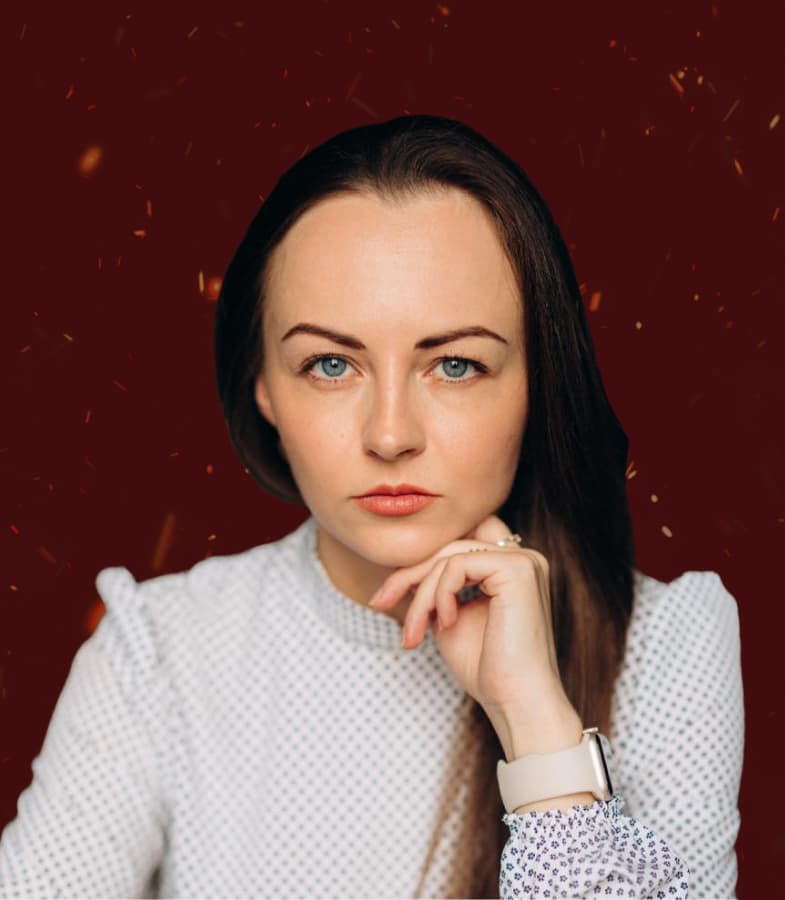
It is crucial to ensure that the world knows about the challenges people face under occupation, the crimes committed by the occupying authorities, and how Russia attempts to justify these crimes by hiding facts and often distorting reality. This includes judges, FSB officers, investigators, prosecutors, prison system officials, and medical personnel within the prison system. We collect all this data from both open and closed sources and forward it to the relevant bodies, which impose individual sanctions,
she says.
However, cases in international courts take years to resolve. While the recognition of Russia's human rights violations in occupied Crimea is a step toward real accountability in the future, Russia is currently evading punishment and ignoring the rulings of the ECHR and international courts.
To stop crimes against humanity in occupied Crimea, the region must be returned to Ukrainian control. Only then will Ukraine have full access to evidence of crimes committed, collect more data and testimony, and work more effectively in international courts to hold Russia accountable for its 11-year occupation of Crimea.


